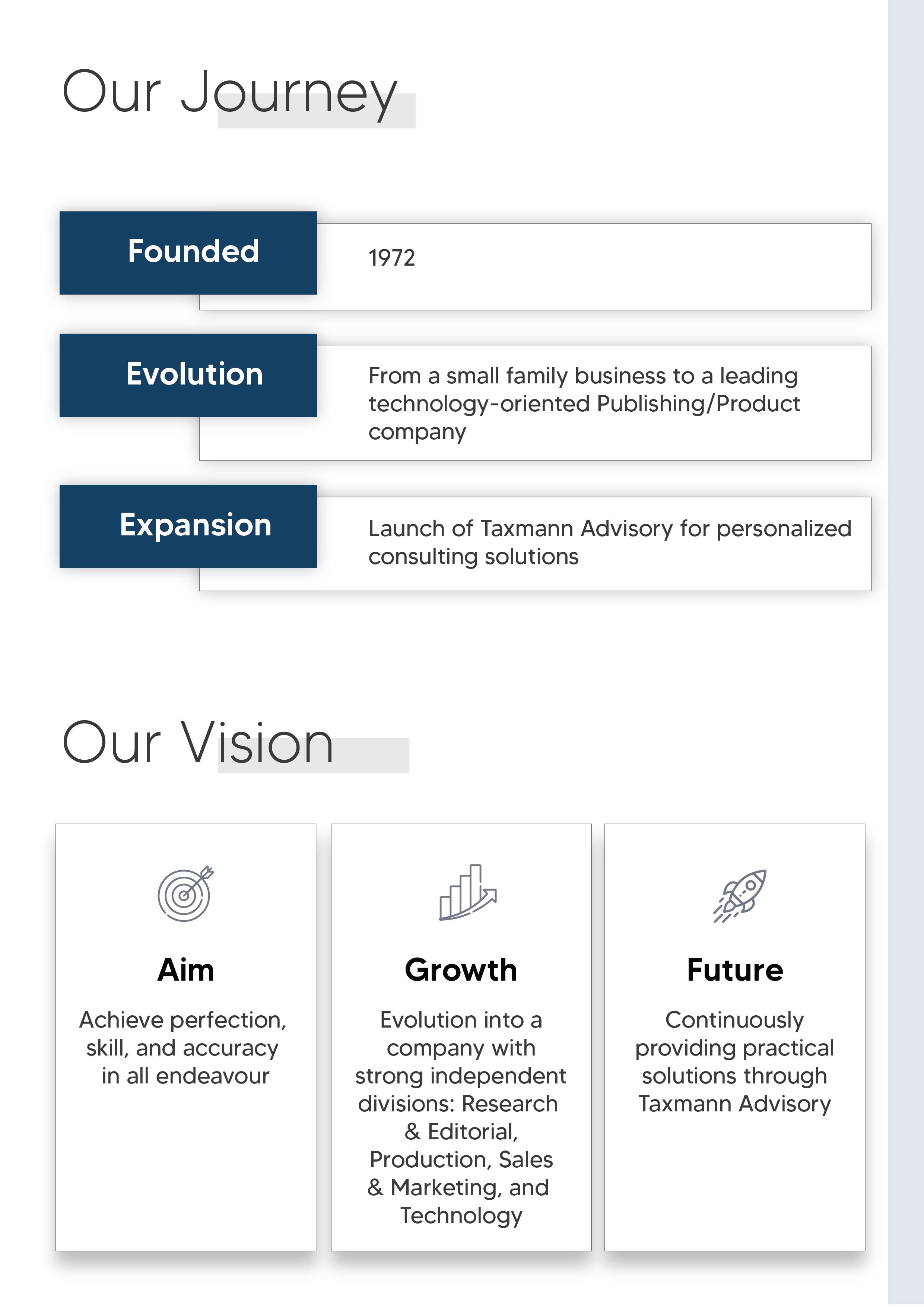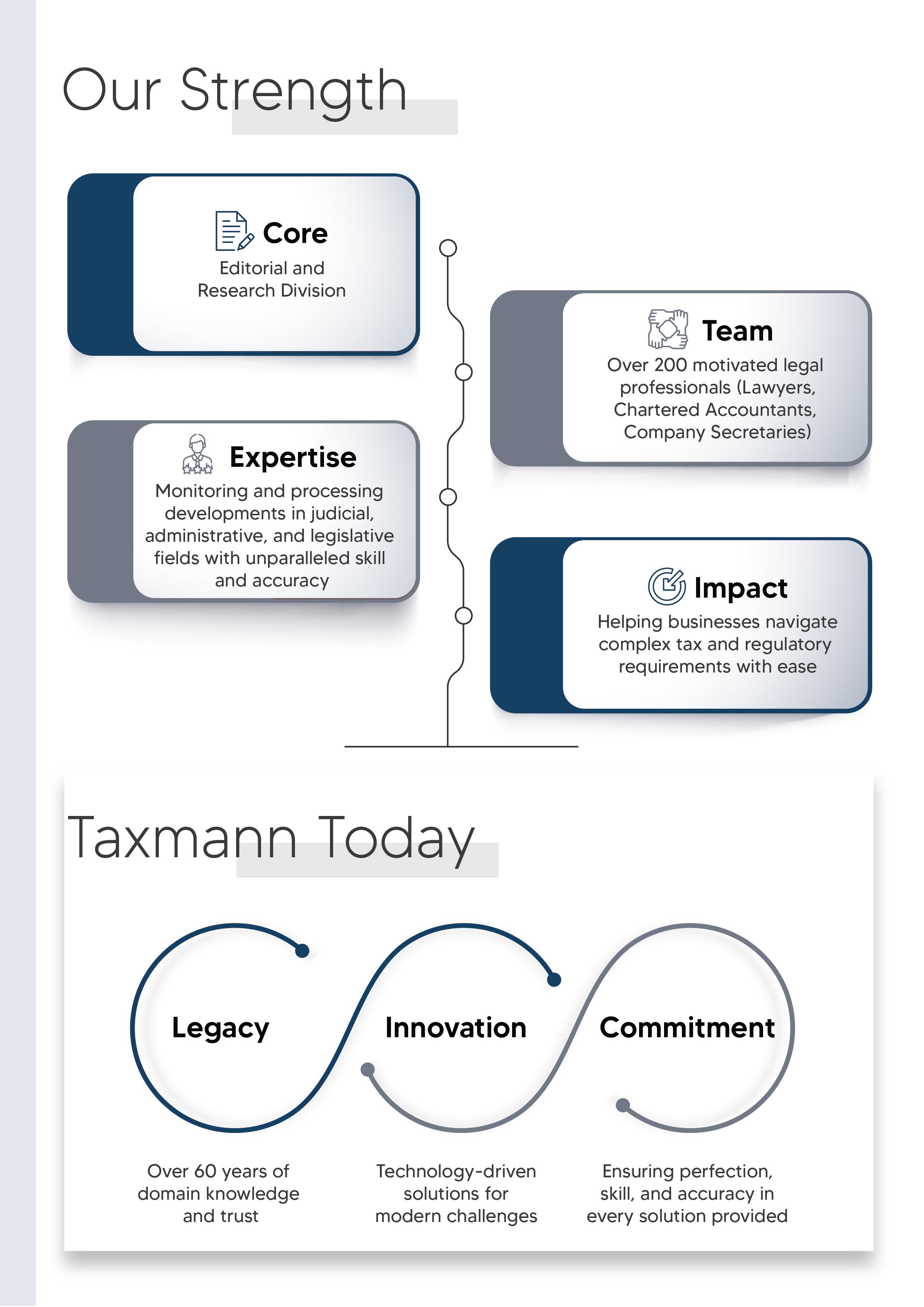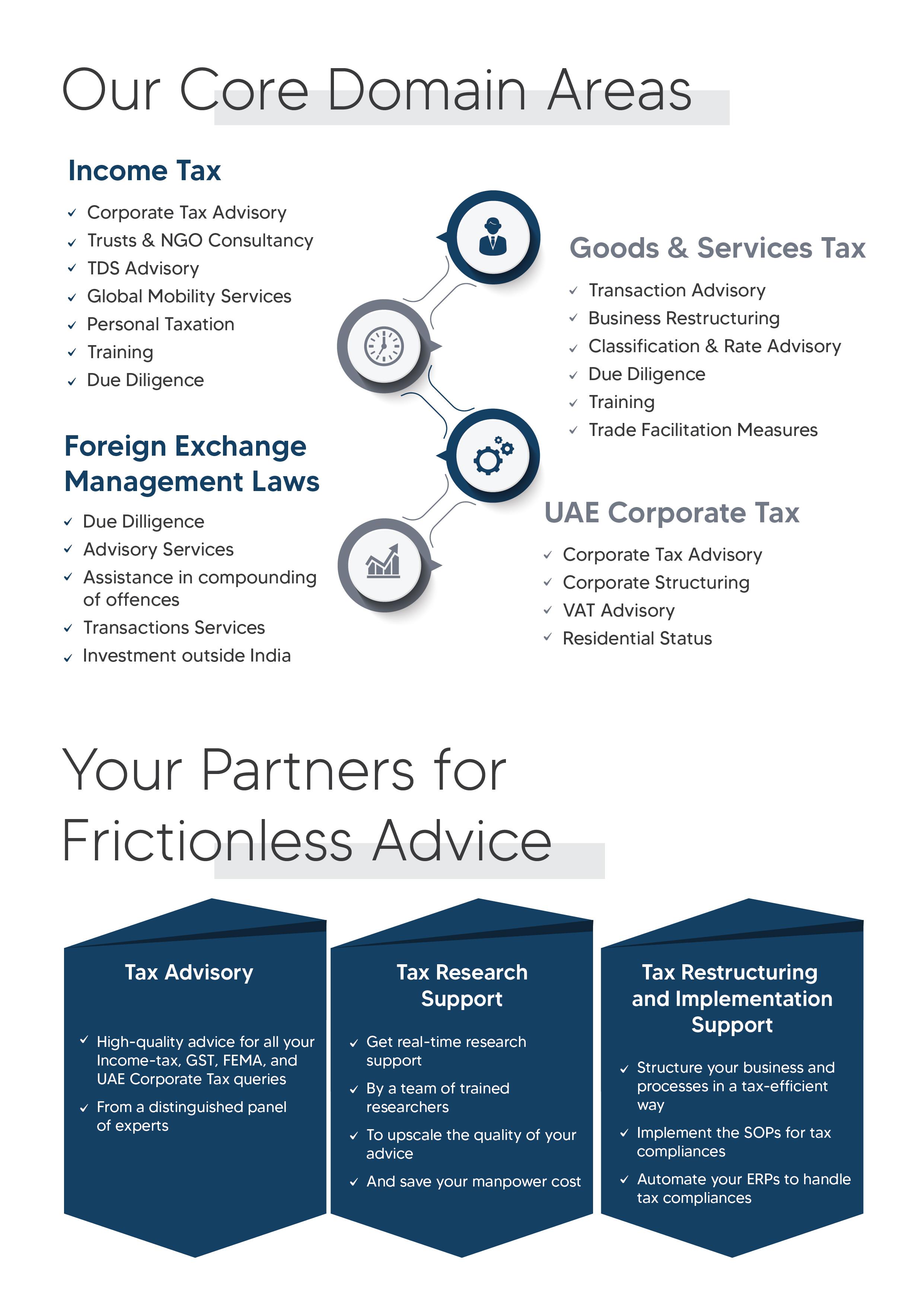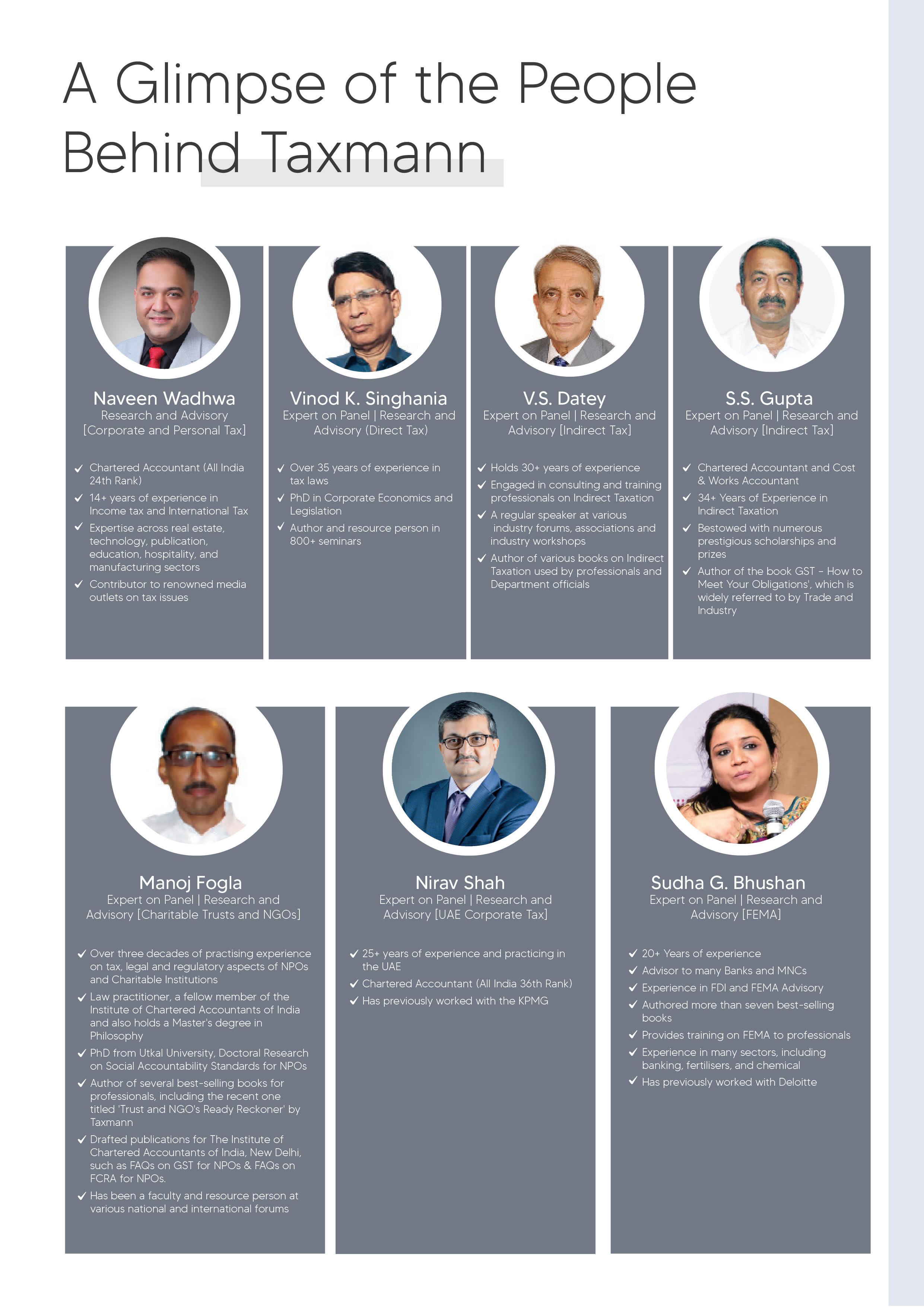REITs and InvITs
Proposed Regulatory Revisions
to Simplify Compliance and Enhance Ease of Doing Business


to Simplify Compliance and Enhance Ease of Doing Business

Proposed Regulatory Revisions to Simplify Compliance and Enhance Ease of Doing Business


2.3.
2.4.
2.5.
In the budget announcements for FY 2023-24, the Hon'ble Finance Minister, among other things, announced that a consultative approach should simplify, ease, and reduce the cost of compliance for participants in the financial sector.
To align with the budget goals, the SEBI constituted various Working Groups to recommend simplifying and easing compliances under various SEBI Regulations. Accordingly, a working group for Real Estate Investment Trusts (REITs) and Infrastructure Investment Trusts (InvITs) recommended specific measures to promote the ease of doing business (EoDB).
In due course, the SEBI, on May 9, 2024, released a Consultation Paper to reduce the compliance burden and improve the ease of doing business for REITs and InvITs. The consultation paper is divided into two parts. Para 2 addresses proposals for REITs and InvITs, while Para 3 focuses on InvITs.
2.1. Timelines for Fund Distribution to Unitholders be Reduced to 5 Working Days
2.1-1. Existing Norms
The existing REIT and InvIT regulations mandate that funds be distributed to unitholders no later than 15 days from the date of their declaration1
2.1-2. Recommendations by Working Group
The working group for REITs and InvITs recommended revising the distribution timeline. The IRA submitted that compliance with the 15-day timeline for distribution from declaration poses challenges, such as the record date coinciding with a holiday, the last day of distribution falling on a bank holiday, the holiday falling between the declaration date and record date, and dependency on the income tax portal for the purpose of tax computation on distribution.
2.1-3. Proposed Norms
The working group observed that most REITs and InvITs distribute funds to unitholders quarterly, which is not the case with listed companies. Accordingly, it has been proposed to reduce timelines for undertaking distributions by REITs / InvITs to 5 working days from the declaration date.
Comments
These proposed changes aim to streamline distribution processes by leveraging immediate payment solutions and faster access to beneficial owner details. The revised timelines are expected to enhance efficiency in the distribution process, ensuring quicker availability of funds to investors within a shorter period.
2.2-1. Existing Norms
The existing REIT and InvIT Regulations provide that unitholders must be notified of any matter requiring their approval within 21 days2.
Currently, the REIT Regulations [other than Small and Medium REITs (SM REITs)] and InvIT Regulations do not provide any flexibility to convene a meeting of unitholders at shorter notice—i.e., a period of at least 21 days is mandatory in all scenarios.
2.2-2.
The working group observed that several matters require prior approval from unitholders under the REIT/InvIT Regulations. Additionally, there may be scenarios where the board of the manager/ investment manager of the REIT/InvIT is of the view that unitholder approval is necessary before processing a particular course of action. There may be difficulties where any delay in obtaining unitholder approval may adversely impact the REIT/InvIT and its unitholders' interests. Accordingly, the working group recommended that unitholders meet at short notice.
2.2-3.
The working group observed that the Companies Act 2013 specifically permits companies to convene shareholder meetings with shorter notice.
In view of aligning the provisions of the Companies Act and provisions applicable to SM REITs, it has been proposed to add a provision allowing REITs other than SM REITs and InvITs to call a unitholders' meeting with less than 21 days' notice subject to a certain condition. The condition is that consent from not less than 95% of unitholders entitled to vote has been received.
Comments
The proposed amendment would enhance flexibility and responsiveness in governance for REITs and InvITs. Shorter notice periods, subject to consent from unit holders, would enable timely decision-making on critical matters, potentially benefiting operational efficiency while safeguarding unitholders' interests.
2.3-1. Existing
As per the SEBI Master Circular for REITs and InvITs, the statement of investor complaints must be submitted to the stock exchanges within 21 days from the end of each quarter3. Further, a prior review of this statement by the Trustee and the Board of Directors/Governing Body of the Manager/Investment Manager is mandatory before submission of the statement to the stock exchanges. However, the above provision does not align with SEBI (LODR) Regulations, 2015. Under the SEBI (LODR) norms, a listed entity must file quarterly Investor Complaints Reports with the recognised stock exchange. A prior review by BODs of the listed entity is not required.
2.3-2. Recommendations by Working Group
The working group on Ease of Doing Business (EoDB) recommended that the statement of investor complaints be submitted to the stock exchange(s) on the date of publication of the quarterly results.
Further, to align with LODR Regulations, the committee recommended that instead of a prior review of the statement of investor complaints by the manager/ investment manager's BODs, such a statement be placed before them quarterly.
2.3-3. Proposed Norms
In order to align the provisions in REIT Regulations, including SM REITs and InvIT Regulations, with the LODR Regulations, it has been proposed that a prior review of the statement of investor complaints by the Trustee and BODs of the manager/ investment manager may not be required. Instead, such a statement must be placed quarterly before the BODs of the manager/investment manager for review.
Aligning REIT and InvIT regulations with LODR Regulations will streamline reporting practices, making them consistent with broader market norms. Eliminating the need for prior review by the Trustee and BODs/Governing Body will reduce administrative burden while ensuring effective oversight by BODs of the manager/investment manager, boosting governance and compliance.
2.4-1. Existing Norms
As per the SEBI Master Circular for REITs and InvITs, statements of deviations or variations must be submitted to the stock exchanges within 21 days from the end of each quarter4. However, this provision does not align with SEBI (LODR) norms, which require a listed entity to submit a statement of deviation or variation to the stock exchange on a quarterly basis along with the submission of financial results.
2.4-2. Recommendations by Working Group
As per SEBI (LODR) Regulations, 2015, listed entities are required to submit to the stock exchange a statement of deviation or variation on a quarterly basis along with the declaration of financial results.
The working group on EoDB recommended that the statement of deviation or variation be submitted to the stock exchanges on the date of publication of the quarterly results. The Hybrid Securities Advisory Committee (HySAC) supported this recommendation and agreed on revised timelines for filing these statements.
2.4-3. Proposed Norms
To align the provision in the REIT Regulations, including SM REITs and InvIT Regulations, with the SEBI (LODR) Regulations, it has been proposed to revise the timeline for submitting the statement of deviations and variations to coincide with the date of publication of the quarterly results, in line with the LODR Regulations.
The proposed revision will simplify reporting for REITs and InvITs, ensuring timely disclosure of deviations alongside quarterly financial results. This change aims to enhance transparency and regulatory compliance within the sector, benefiting investors and stakeholders with comprehensive and synchronised information.
2.5-1. Existing Norms
The current REIT and InvIT regulations require approval from unitholders in certain specified matters. The threshold for approval of any resolution is that votes cast in favour shall be more than votes cast against, or votes cast in favour must constitute at least one and a half times the votes against the resolution5
2.5-2. Recommendations by Working Group
A working group on EoDB recommended that the requisite voting thresholds be provided in percentage terms. Further, the working group recommended that explicit clarification be provided and that the voting thresholds be calculated based on the persons present and voting.
2.5-3. Proposed Norms
The following has been proposed:
(a) To revise the provisions to state that the voting count shall be in percentage terms (at least 60%) instead of proportionate terms (one and a half times).
(b) To revise the provisions to state that the voting count shall be in percentage terms (more than 50%) instead of proportionate terms (more than).
(c) To explicitly clarify, voting thresholds shall be calculated based on the persons present and voting.
Comments
These proposed changes aim to simplify the voting process for unitholders, enhancing transparency and participation in decision-making. By transitioning to percentage-based thresholds and encouraging electronic modes of participation, the amendments seek to align regulations with modern practices and facilitate broader stakeholder engagement, regardless of geographical location.
2.6-1. Existing Norms
Section 4 of the Information Technology Act, 2000, specifically provides that where any law requires information or any matter to be in writing, typewritten, or printed form, such requirement shall be deemed fulfilled if such information or matter is rendered or made available in an electronic form and is accessible to be usable for a subsequent reference.
2.6-2. Recommendations by Working Group
The working group on EoDB submitted that Regulation 26(3) of the REIT Regulations provides guidelines for maintaining records in electronic form pertaining to REIT activity but does not extend to records mandated to be maintained by the manager. Further, in the case of InvITs, Regulation 26(3) of InvIT Regulations provides that all records mandated to be maintained by the investment manager and the trustee must be in physical or electronic form.
2.6-3. Proposed Norms
It has been proposed that if records are maintained in electronic form by the manager of REIT/Investment Manager of InvIT and/or the trustee, they must ensure that they maintain adequate backup systems and data storage capacity. Further, they must have sufficient system capacity for handling data transfer and arrangement for alternative means of communication in case of Internet link failure.
Further, the REIT/investment manager of InvIT must also have a Business Continuity Plan (BCP) and Disaster Recovery (DR) in place to maintain data and transaction integrity.
Comments
These changes aim to modernise record-keeping practices and ensure electronic data integrity and accessibility for REITs and InvITs. These changes enhance operational resilience and regulatory compliance by mandating robust backup systems, data storage, and continuity plans.
3.1-1. Existing Norms
Currently, as per Regulation 16(8)(b) of the SEBI (Infrastructure Investment Trusts) Regulations, 2014, the current trading lot for secondary market trading for privately placed InvITs is set at Rs. 1 crore. Further, if the InvIT invests at least 80% of its asset value in completed and revenue-generating assets, this trading lot increases to Rs 2 crores (instead of Rs 1 crore).
3.1-2. Proposed Norms
Based on the Working Group's recommendations, it has been proposed to reduce the trading lot size for trading units of privately placed InvITs on designated stock exchanges from Rs 1 crore/2 crores to Rs 25 lakhs.
The proposed reduction in trading lot size for privately placed InvIT units is expected to significantly increase market liquidity. It will broaden investor participation, benefiting smaller investors who can now enter the market with reduced investment thresholds.
3.2-1. Existing Norms
Regulation 22(7) of the InvIT Regulations prescribes the conditions for a change in sponsor or inducted sponsor. The explanation for this provision states that 'change in sponsor or inducted sponsor' means any change due to the entry of a new sponsor with or without the exit of an existing sponsor.
Similarly, the explanation of the similar provision for change in sponsor or inducted sponsor under REIT Regulations provides that change in sponsor or inducted sponsor shall mean any change due to the entry of a new sponsor or the exit of an existing sponsor.
3.2-2. Recommendations by Working Group
The working group has highlighted that the explanation to the provision for change in sponsor or inducted sponsor under InvIT Regulations needs clarity to provide that change in sponsor shall mean any change due to entry of a new sponsor or exit of existing sponsor in order to cover the aspect related to exit of existing sponsor without entry of new sponsor.
3.2-3.
It has been proposed that Regulation 22(7) of the InvIT Regulations be amended by removing the phrases "with" and "without." The revised explanation will define "change in sponsor or inducted sponsor" as any change resulting from the entry of a new sponsor or the exit of an existing sponsor. This amendment aims to eliminate ambiguity and ensure consistency across regulations.
The proposed revision aims to clarify changes in sponsorship for InvITs, ensure alignment with REIT Regulations, facilitate smoother operations within the InvIT sector and enhance transparency and compliance.





